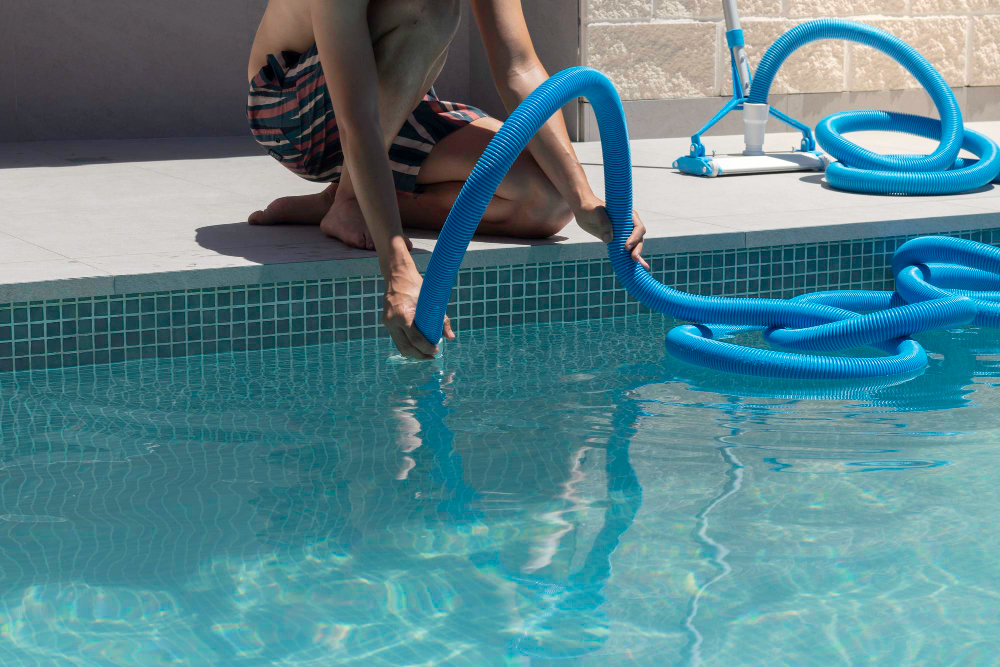
Maintaining a swimming pool requires a lot of work and proper care. One of the most important things you must do as a pool owner is to know when to drain your pool. Draining a swimming pool is not always required, but there are times when it’s necessary to ensure your pool remains healthy and clean. In this blog post, we’ll discuss the reasons why you may need to drain your pool and what you should do if you notice any signs that indicate it’s time to drain your pool.
1. High Total Dissolved Solids (TDS)
Total Dissolved Solids (TDS) refer to the amount of all dissolved materials in the pool water. When TDS levels become too high, the water can look cloudy, dull, and unpleasant. If you notice that your pool water isn’t clear after treating it or shocking it, this could indicate a high TDS level. Draining the pool is the most effective solution to this issue.
2. Algae Overgrowth
Sometimes, pool owners may encounter persistent algae overgrowth that is resistant to traditional methods of algae removal. In such cases, you can choose to drain your pool and start over. It’s crucial to remove all the debris and algae from the pool before refilling it again.
3. Water Chemistry Issues
If your pool water has chemical imbalances that can’t be corrected through traditional means, you may need to drain your pool. This is particularly true if high levels of calcium or phosphates persist in your pool water after you’ve treated it. If left unchecked, these high levels can lead to significant pool damage.
4. Structural Repairs
If your pool requires extensive structural repairs such as retiling, it may be necessary to drain your pool. While the repairs are being performed, you should ensure that the pool is kept clear of any debris, so that it doesn’t become contaminated.
5. Seasonal Maintenance
There are some instances when you can drain your pool for seasonal maintenance. For example, if you live in colder climates and want to close your pool for winter, draining the pool can help to prevent potential ice damage. After draining the pool, make sure to winterize it properly to avoid potential damage.
Conclusion
In conclusion, draining a swimming pool is a major undertaking that should only be done when necessary. Be sure to use appropriate care and caution when draining your pool, and never attempt to drain a pool on your own if you’re not familiar with the process. If you’re experiencing any issues with your pool, contact a reputable pool professional for help. Remember, your pool is a significant investment, so you want to take steps to protect it and enjoy it for years to come. If you need help with pool renovation in Jacksonville, FL, All Phase Pool Remodeling can help. Contact us today for a free estimate.